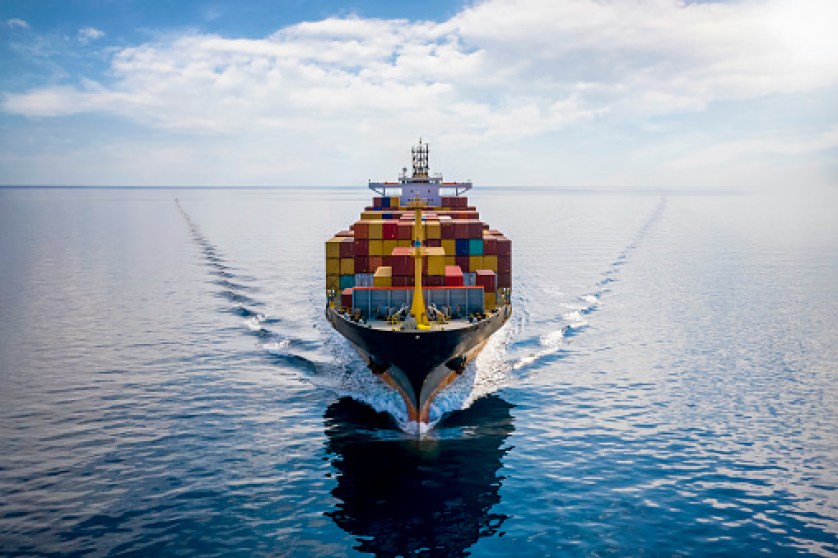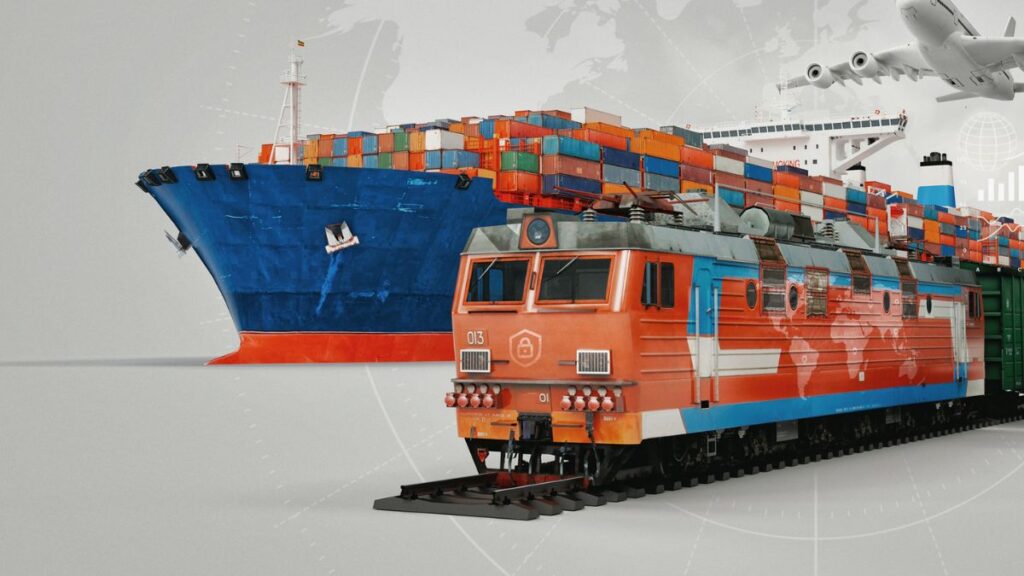- By TOP CHINA FREIGHT
- September 11, 2025
- Shipping
Table of Contents
Choosing the right freight forwarders China can significantly impact your supply chain efficiency and shipping costs. Whether you are importing electronics, apparel, or industrial equipment, understanding freight services, pricing, and transit options is essential for smooth logistics. This guide explores key factors, techniques, and tips to optimize shipments while minimizing delays and unexpected expenses.

What Services Do Freight Forwarders in China Offer?
Freight forwarders China provide a wide range of services tailored to international shipping needs.
Key offerings include:
Transportation Management:
Organizing shipments via sea, air, and rail, choosing optimal routes, and coordinating delivery schedules.
Customs Clearance:
Preparing necessary documents, paying duties, and ensuring compliance with import/export regulations.
Cargo Consolidation:
Combining shipments for small businesses to reduce costs and optimize container space.
Insurance & Risk Management:
Protecting cargo against loss, damage, or delay through comprehensive insurance policies.
Warehousing & Distribution:
Managing storage and last-mile delivery to meet customer deadlines.
Digital Tools:
Utilizing tracking software, electronic documents, and freight indices to streamline operations.
How Do Freight Forwarders China Calculate Shipping Costs?
Shipping costs depend on multiple factors, and freight forwarders China use detailed calculations:
Shipping Method:
Air is faster but expensive; sea is cost-effective for large cargo; rail balances cost and speed.
Cargo Volume & Weight:
Costs may be based on volume (CBM) or weight, whichever is higher.
Destination & Transit Time:
Remote locations may incur additional fees.
Customs Duties & Taxes:
Vary depending on product type and destination.
Additional Services:
Insurance, packaging, and warehousing are extra costs.
Example Shipping Costs (China to USA)
| Method | Transit Time | 20ft Container | 40ft Container | Pros | Cons |
|---|---|---|---|---|---|
| Sea Freight | 25–35 days | $1,200 | $2,000 | Cost-effective, high volume | Slower, port delays possible |
| Air Freight | 5–10 days | $5 per kg | $4.5 per kg | Fast, reliable | Expensive, weight restrictions |
| Rail Freight | 15–20 days | $1,800 | $3,200 | Balanced cost & speed | Limited destinations |
Why Choose China Freight Forwarders Over Direct Shipping?
Consolidation reduces expenses.
Forwarders navigate customs complexities efficiently.
Insurance and tracking reduce potential losses.
Multiple shipping options tailored to schedules and budgets.
Can Freight Forwarders China Handle Special Cargo?
Special cargo requires extra care. Forwarders manage:
- Dangerous Goods: Chemicals, flammable items require certified packaging.
- Cold Chain Items: Food, vaccines need controlled temperatures.
- High-Value Cargo: Electronics, machinery, and art need insurance and secure handling.
Table 3: Special Cargo Transport Requirements
| Cargo Type | Recommended Method | Insurance Needed | Notes |
|---|---|---|---|
| Dangerous Goods | Sea & Air | Yes | Follow IATA/IMDG regulations |
| Cold Chain | Air & Sea | Yes | Maintain consistent temperature |
| High-Value | Air & Rail | Yes | Secure packaging & tracking |
How Long Does Shipping from China Typically Take?

Transit times vary by method and destination:
Sea Freight:
20–40 days depending on ports.
Air Freight:
3–10 days, faster but costlier.
Rail Freight:
15–25 days to Europe/Asia corridors.
Transit Time by Route
| Origin | Destination | Method | Transit Time |
|---|---|---|---|
| Shanghai | Los Angeles | Sea | 25–30 days |
| Shenzhen | Manila | Sea | 10–12 days |
| Wuhan | Hamburg | Rail | 18–22 days |
| Guangzhou | Tokyo | Air | 4–7 days |
Tips to Optimize Transit Time:
- Book in advance during peak seasons.
- Choose direct or hybrid routes.
- Consolidate shipments for regular schedules.
What Documentation Is Required for Freight Forwarders China?

| Document | Purpose | Submission Timing |
|---|---|---|
| Commercial Invoice | Customs valuation | Before shipment |
| Packing List | Inspection and content check | At departure |
| Bill of Lading | Shipping contract | Before shipment |
| Certificate of Origin | Preferential duties | Required at customs |
| Insurance Certificate | Cargo coverage | Before departure |
How to Optimize Shipping Costs with China Forwarders
Share container space to reduce cost per unit.
Build long-term relationships with forwarders.
Avoid peak seasons to prevent surcharges.
Choose fastest or cheapest depending on business needs.
Track shipments to prevent delays and avoid demurrage.
Case Study: Electronics Import via China Forwarders

A retailer importing 1000 electronic units from Shenzhen to Los Angeles:
Shipping Method: Sea freight (FCL 40ft)
Transit Time: 28 days
Total Cost: $2,200 (including duties and insurance)
Outcome: On-time delivery, 15% savings vs direct shipping, no customs issues
Trends Shaping Freight Forwarding in China
Digitalization:
Platforms for real-time tracking and predictive freight rates.
Sustainable Logistics:
Green shipping initiatives and low-emission transport.
Rail Freight Expansion:
Faster land routes to Europe and Asia.
Flexible Supply Chains:
Multi-modal strategies to avoid disruption.
Tip:
Monitor freight forwarders China index to anticipate cost fluctuations and seasonal trends.
Conclusion
Freight forwarders China provide comprehensive solutions for international shipping, from documentation and customs clearance to cost optimization and special cargo handling. Leveraging their expertise ensures timely delivery, regulatory compliance, and cost efficiency, empowering businesses to scale globally.
Need a Shipping Quote?
If you want expert guidance and peace of mind, our team is ready to assist.
TJ China Freight offers tailored solutions to help businesses of all sizes ship more reliably from China.

FAQ
Q1:How can I reduce shipping costs using China freight forwarders?
Use cargo consolidation, plan shipments during off-peak seasons, negotiate long-term rates, and track shipments digitally to prevent surcharges.
Q2:Do freight forwarders handle customs clearance?
Yes. Freight forwarders prepare documentation, pay duties, and ensure compliance with import/export regulations, reducing risk of delays and fines.
Q3:Can forwarders manage special cargo like electronics or chemicals?
Absolutely. They provide proper packaging, insurance, and compliance with regulations for high-value, fragile, or hazardous goods.
Q4:How do I track my shipment with a forwarder?
Most forwarders offer online tracking systems, providing real-time updates, expected arrival times, and alerts for customs or transit delays.
Q5:What documents are mandatory for shipping from China?
Essential documents include commercial invoice, packing list, bill of lading, certificate of origin, and insurance certificate to meet customs requirements.
